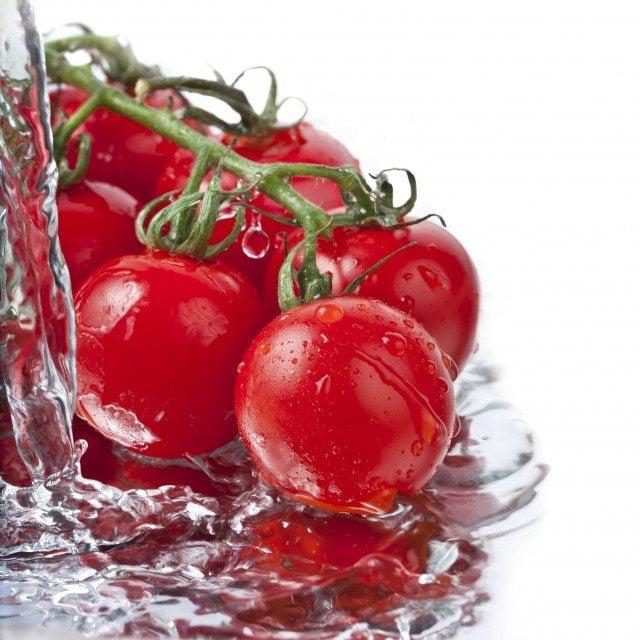Stericycle ExpertSOLUTIONS has revealed that there was a significant rise in food recall and notification occurrences across Europe during the final three months of 2014.
Compared to the previous quarter, there was a 16% jump in food recalls and notifications in Q4, says the company that deals with product recalls, retrievals, returns and audits.
Events were also up in comparison to Q4 in 2013, with almost 40 more recalls issued in the same quarter in 2014. Despite this increased activity there was barely a ripple in the media or on consumer forums.
“Whilst there might be an increase in the amount of food products being recalled, there is also a growing trend towards taking action and entering the recall process at the earliest possible stage,” says European recall director Farzad Henareh.
“This level of determination by food manufacturers to comply with the more regulated consumer environment is the most likely reason that we are seeing very few safety notifications in the public domain, and even less negative stories being broadcast across the media, despite food being a heavily scrutinized sector.”
Despite the Q4 rise in food recalls and notifications, recall stories have not seen the coverage or prominence in the media they once did.
One explanation for this shift in media coverage is that the frequency of more severe safety issues, such as E. coli laden produce, is much lower than in previous quarters.
There are fewer examples of severe outbreaks as a result of manufacturers, retailers, and authorities becoming more adept at spotting potential issues before products reach the market.
More products are being identified with less serious safety concerns, therefore fewer consumers are affected and there is less cause for media attention towards food safety.
Big threats
Consistent recall trends continue to surface across specific food categories and countries of origin.
Between Q3 and Q4 the four food sub-categories with the highest increases in recalls and notifications were fish and fish products with 33 more recalls; fruit and vegetables also with 33 more; poultry meat and poultry meat products with 29 additional recalls and bivalve molluscs with 16 further recalls.
The top five countries of origin for the food sub-category recalls in Q4 2014 were: Turkey with 11%, India with 7%, Poland with 6%, and France and China, each with 5%.
The increase in fish and fish products recalls and notifications was mainly due to traces of Nitrofurans (a prohibited substance) in frozen fish products from Thailand, listeria monocytogenes in salmon products from Poland and high levels of mercury in swordfish products from Spain and Portugal.
The highest increase in fruit and vegetable recalls and notifications came from Turkey, which accounted for 53 of the 170 recalls in this sub-sector in Q4.
They were related to over-high levels of aflatoxins, which are known to be carcinogenic at high levels in dried figs, and also due to high levels of sulphite in dried apricots.
Brazil and France were the two main sources of the increase in poultry meat and poultry meat product recalls and notifications, and three quarters of these were due to salmonella contamination.
The bivalve mollusc recalls came mainly from Spain and France.
Regardless of what is causing the food recalls and notifications across these areas, it is little surprise that with so many varieties of goods sold, the food industry consistently issues more safety notifications or recalls than any other sector.
How the UK measures up
The UK continues to experience recalls, but at a lesser rate when compared to other EU countries in Q4.
The top 10 recalling countries, which account for around 78% of recall notices are mostly the larger economies in the EU, and include Italy with 18% of recalls; the Netherlands (11%); France (9%); Germany (9%); and Belgium and Spain both with 6%.
However, the UK had the seventh largest number of recalls with 5% in Q4, which is a decrease from 11% in Q3 where the country had the highest amount of food recalls for the quarter.
“Food manufacturers are becoming more strategic in their approach to product safety,” says Henareh.
“There are more standards in place to govern and guarantee quality and regulations in warehouses.”
“If a food product doesn’t meet these regulations it is now more likely to be recalled from within the supply chain, meaning that it doesn’t actually reach the market.”










